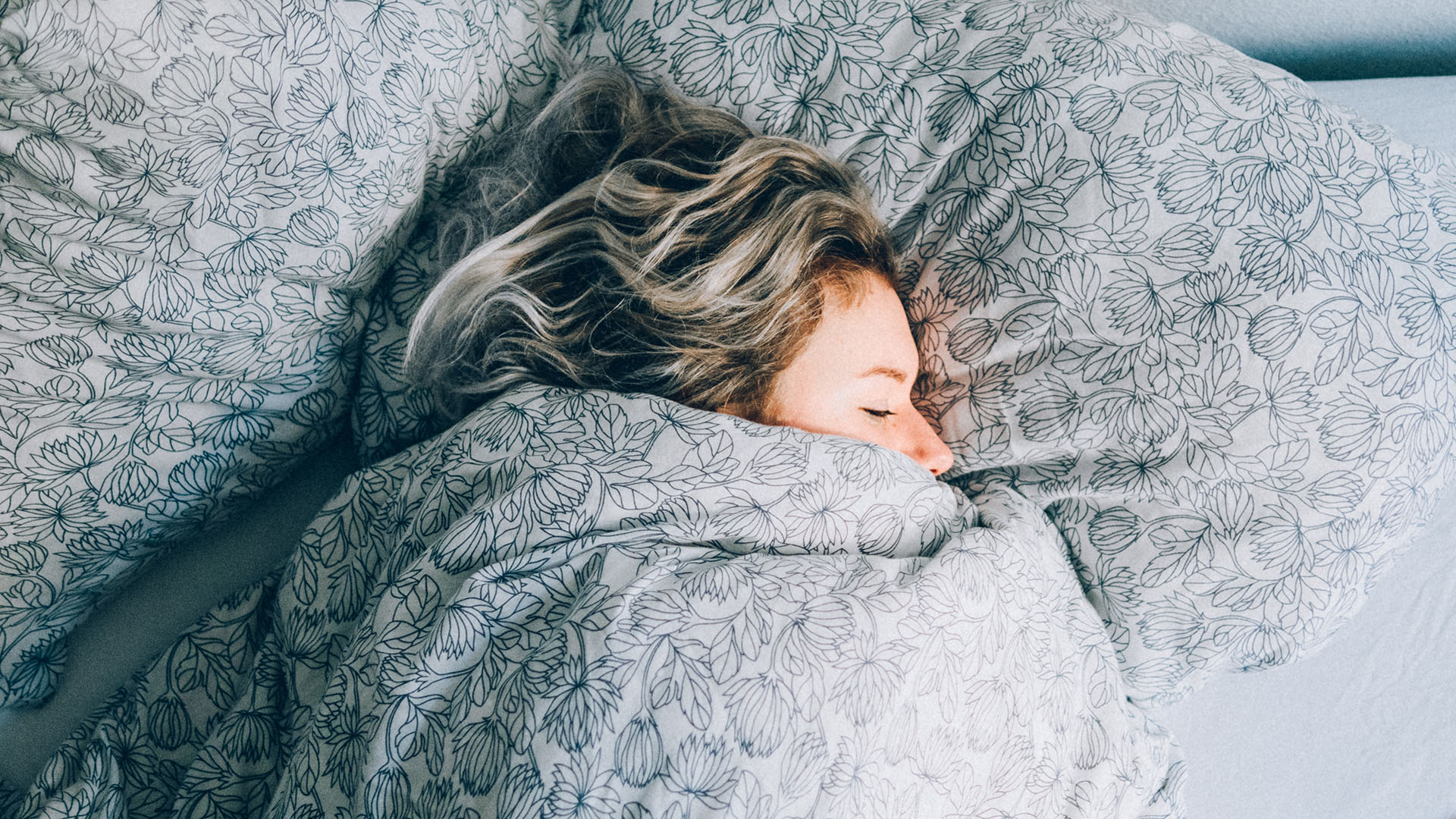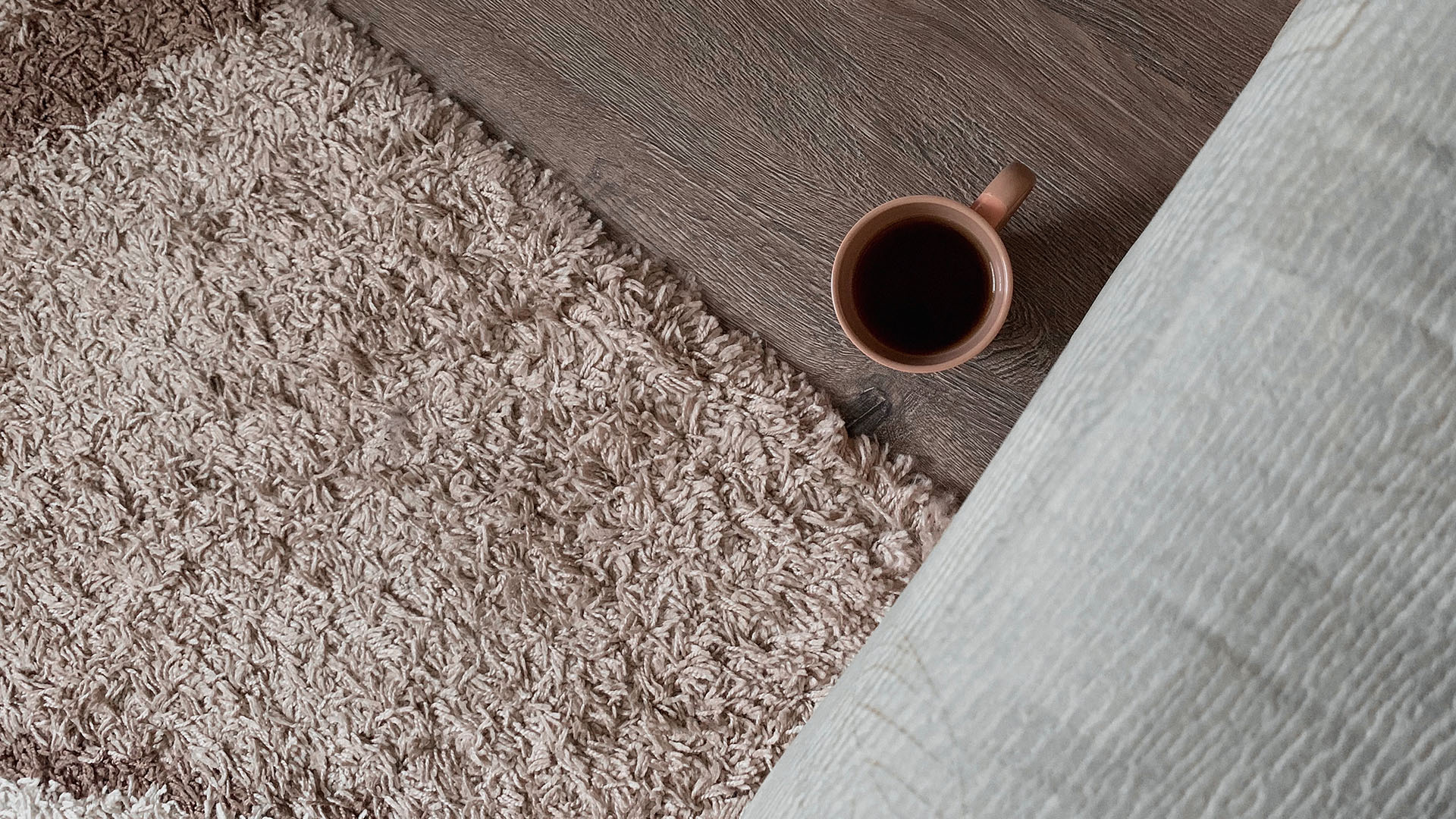5 tips to keep your bedroom warm this holiday season
Here's how to trap the warm air in (and keep the chill out)

Here at Tom’s Guide our expert editors are committed to bringing you the best news, reviews and guides to help you stay informed and ahead of the curve!
You are now subscribed
Your newsletter sign-up was successful
Want to add more newsletters?

Daily (Mon-Sun)
Tom's Guide Daily
Sign up to get the latest updates on all of your favorite content! From cutting-edge tech news and the hottest streaming buzz to unbeatable deals on the best products and in-depth reviews, we’ve got you covered.

Weekly on Thursday
Tom's AI Guide
Be AI savvy with your weekly newsletter summing up all the biggest AI news you need to know. Plus, analysis from our AI editor and tips on how to use the latest AI tools!

Weekly on Friday
Tom's iGuide
Unlock the vast world of Apple news straight to your inbox. With coverage on everything from exciting product launches to essential software updates, this is your go-to source for the latest updates on all the best Apple content.

Weekly on Monday
Tom's Streaming Guide
Our weekly newsletter is expertly crafted to immerse you in the world of streaming. Stay updated on the latest releases and our top recommendations across your favorite streaming platforms.
Join the club
Get full access to premium articles, exclusive features and a growing list of member rewards.
There's nothing worse than trying to fall asleep when you're not quite warm enough. If you don't want to have your heating on all winter, there are some things you can do to help keep the warm air in. Remember – you also don't want your room to be too hot, as that's not good for sleep either. The ideal temperature for sleeping is around 16-19C.
We consulted sleep scientist Theresa Schnorbach, who works with bed brand Emma (one of our best mattress picks), for her advice on how to keep your bedroom at the best temperature for sleep.
"It's important to keep a stable temperature in your bedroom, as both too hot or too cold will negatively affect your sleep and increase the chances of you waking up during the night," she explains. Here are some easy ways to avoid the cold during the winter months for better rest. And if you're struggling with seasonal illnesses, check out our guide to sleeping with a cold, too.
1. Close doors and add a draught-excluder
The first, and simplest thing you can do is to close your bedroom door. This will prevent the cooler air from unused rooms and hallways from making its way into your room. Take things one step further by adding a draught-excluder at the bottom of the door to stop any cold air creeping in.
2. Swap to a winter-weight duvet
"Higher tog level duvets are best for winter nights and those who have difficulty keeping warm during the cold season," says Theresa. As a rule, a 7 or 9 tog is good for warm summer nights, a 10.5 is perfect for between-seasons (spring and autumn) while you'll want a 13.5 for wintry nights.
Get the full low-down (and our recommendations) in our best duvet guide, but one option is to go for a 3-in-1 design, which includes two lower tog duvets that can be combined together, meaning you can adjust your setup so it works all year round. There are also some duvets that are naturally temperature regulating. For a quick fix, you could also add a blanket on top of your duvet to trap in more of your body heat.

3. Invest in blackout curtains
One of the best things you can do to improve your bedroom for sleep is to invest in some decent blackout curtains. As well as blocking out light (another big issue when it comes to disturbing sleep), they'll help insulate the room by providing a barrier against the chilly air that might make its way in from the window. They're an especially good idea if you have leaky window-frames or single-glazing.
Get instant access to breaking news, the hottest reviews, great deals and helpful tips.
4. Add a rug
"Homes without carpets are often noticeably colder than those with carpets," points out Theresa. If you're not in a position to re-carpet your room right now, a rug should do the trick. "A thick rug during the winter months can help to insulate your bedroom for a more comfortable sleep."

5. Seal up cracks and crevices
Don't panic, but we've reached the DIY portion of our tips article. "Even hairline cracks in walls or doors can have a big impact on how much cold air is able to enter your bedroom," explains Theresa. "If you’re familiar with how to fix these cracks, ensure you fill them in. If the crack is deeper or more complex, or if you’re a novice when it comes to DIY, consult a professional."

Theresa Schnorbach is a psychologist and sleep scientist, specialized in Clinical Psychology and Cognitive Neuropsychology. She has completed post-graduate training in Cognitive Behavioural Therapy for Insomnia (CBT-I) with the German Sleep Society (DGSM), endorsed by the European Research Society. She works as a sleep specialist for bed brand Emma.

Ruth is currently Homes Editor on Tom's Guide's sister site TechRadar, where she reviews and writes about everything from air fryers to vacuum cleaners to coffee machines, as well as the latest smart home gadgets. Prior to making the shift to Homes, Ruth was Tom's Guide's Sleep Editor. A certified Sleep Science Coach, she has tested more mattresses than her small flat can handle and will talk at length about them to anyone who shows even a passing interest.
 Club Benefits
Club Benefits





